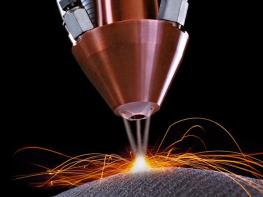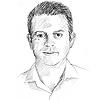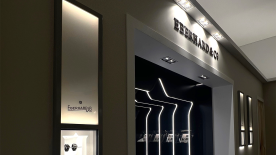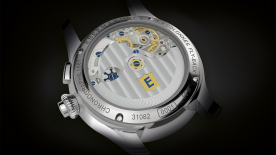For a number of years the EPFL (École Polytechnique Fédérale de Lausanne) has been pursuing a strategy of geographical expansion, opening campuses in Geneva, Fribourg and Sion to bring its research activities closer to the industrial sectors that are of interest. Having taken over the Institute of Microengineering from the University of Neuchâtel in 2007, the EPFL moved into its new premises in Neuchâtel in September last year. To coincide with the official inauguration of the new building, dubbed “Microcity”, Richemont announced on 28 April that it would be funding the institution’s 11th academic chair.
The Chair in Multiscale Manufacturing Technologies is the institution’s third sponsored chair and aims to further develop synergies with the companies in the region who would derive a direct benefit from the fruits of its research in this field. “What is interesting for us is that the EPFL has moved closer to the industries in the region,” said Richard Lepeu, Co-Chief Executive Officer of Richemont.
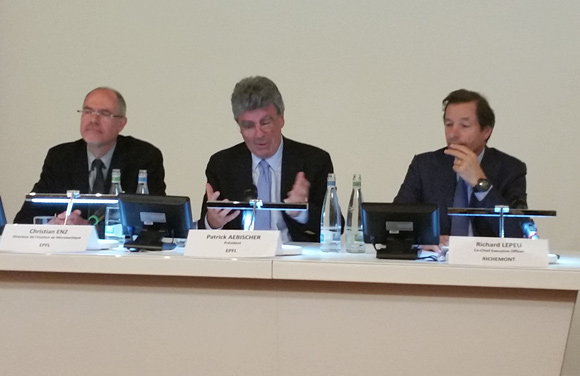
With two-thirds of Richemont’s 10,000 employees in Switzerland involved in production across 20 sites, the importance of research in manufacturing technologies is clear. The work of this new department at the Institute of Microengineering, which will comprise up to 20 research assistants, will complement the 100 million Swiss francs of research already carried out each year by the individual brands within the Richemont group. It will focus on technologies such as additive manufacturing (also known as 3D printing), laser machining and plasma etching – some of which already have applications in watch and jewellery production.
“We already use stereolithography,” Philippe Léopold-Metzger, CEO of Piaget, told Worldtempus. “We can send 3D files directly from a computer into production.” But the level of precision currently available with 3D printing (0.1mm) is not yet sufficient for large-scale manufacturing and further research in this area will be one of the focuses of the new research group.
Before research work gets under way in 2015, however, the biggest obstacle of all must be overcome: finding a professor. Recruitment has already started, with a profile determined in accordance with Richemont, but is expected to take time given that this is a long-term position whose incumbent will be instrumental in leading the department’s work.
Only once the perfect candidate has been found and the team of specialist researchers formed we can expect research into these new cutting-edge manufacturing technologies to begin. “Innovation is a necessity for a major global company like Richemont. These new technologies open a wide range of technical possibilities to respond to future industrial requirements,” says Richard Lepeu.
Although the fruits of this research may still be a number of years away, this announcement by Richemont and the EPFL illustrates their mutual desire to be a step ahead in terms of innovation.
